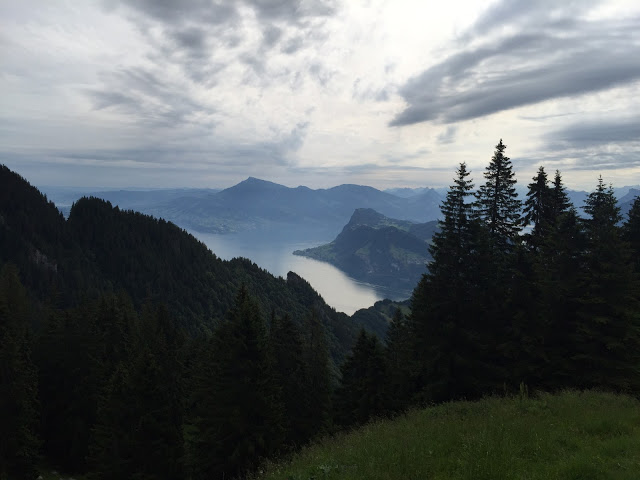” In the days of Shamgar the son of Anath, in the days of Jael, the highways were unoccupied, and the travelers walked through byways.” Judges 5:6 Matthew Henry makes an observation about what this verse meant: First it meant “No trade. For want of soldiers to protect men of business in their business from the incursions of the enemy, and for want of magistrates to restrain and punish thieves and robbers among them (men of broken fortunes and desperate spirits, that, having no employment, took to rob on the highroad)….” Secondly, “No travelling. Whereas in times when there was some order and government the travellers might be safe in the open roads, and the robbers were forced to lurk in the by-ways, no, on the contrary, the robbers insulted on the open roads without check, and the honest travelers were obliged to sculk and walk through by-ways, in continual…
Tag: <span>oppression</span>
“When the Lord turned the captivity of Zion, we were like them that dream,” is Psalm 126. Israel can return home after 70 years of living under another government, another culture; deprived of their own development as an indigenous nation. 70 years was enough to sever roots, to destroy customs, to eradicate tradition, to nullify old standards and norms, holidays and hopes. The homeland was now a story told, a remembrance, a dream. “Displaced” life was not first for Israel at Babylon; Egypt and the Wilderness were Promised Land exiles also. Later, the Absalom rebellion dislodged God’s people while still at home. Then there was the splitting of the national pie into two unequal servings — 10/2 tribes. In this time, many and varied philosophies forced their way down God’s people’s throats from Godless Judean and Samaritan kings. 70 A.D. till 1948 was last and longest for Israel. In reference…

